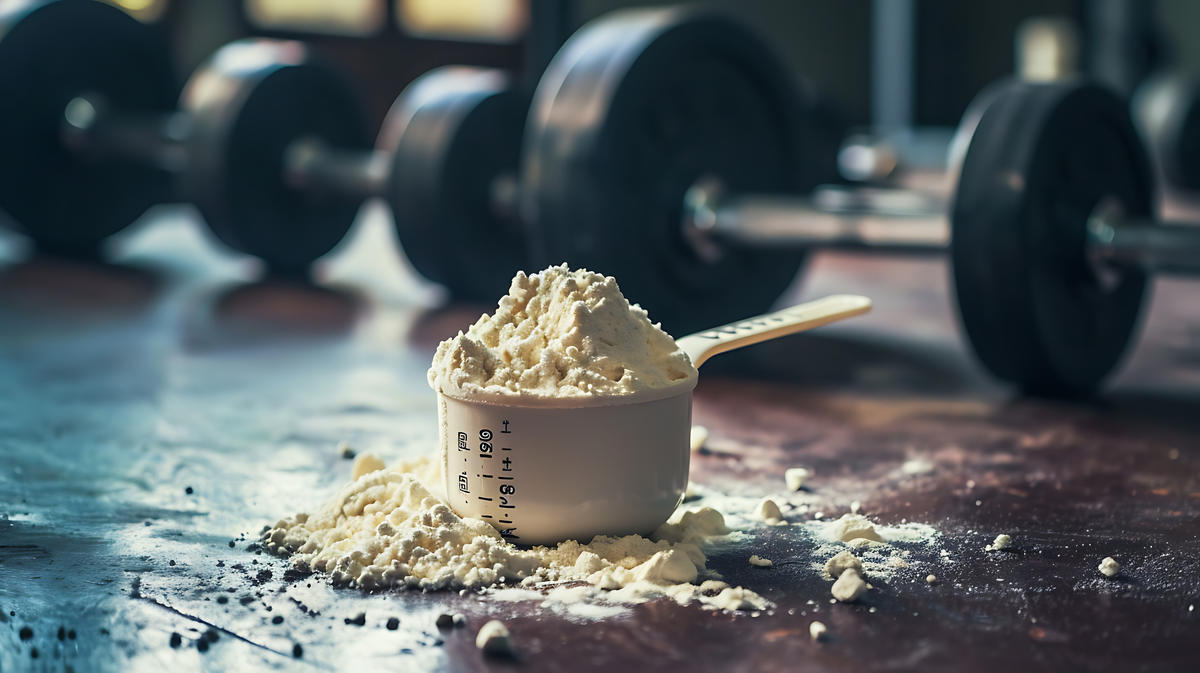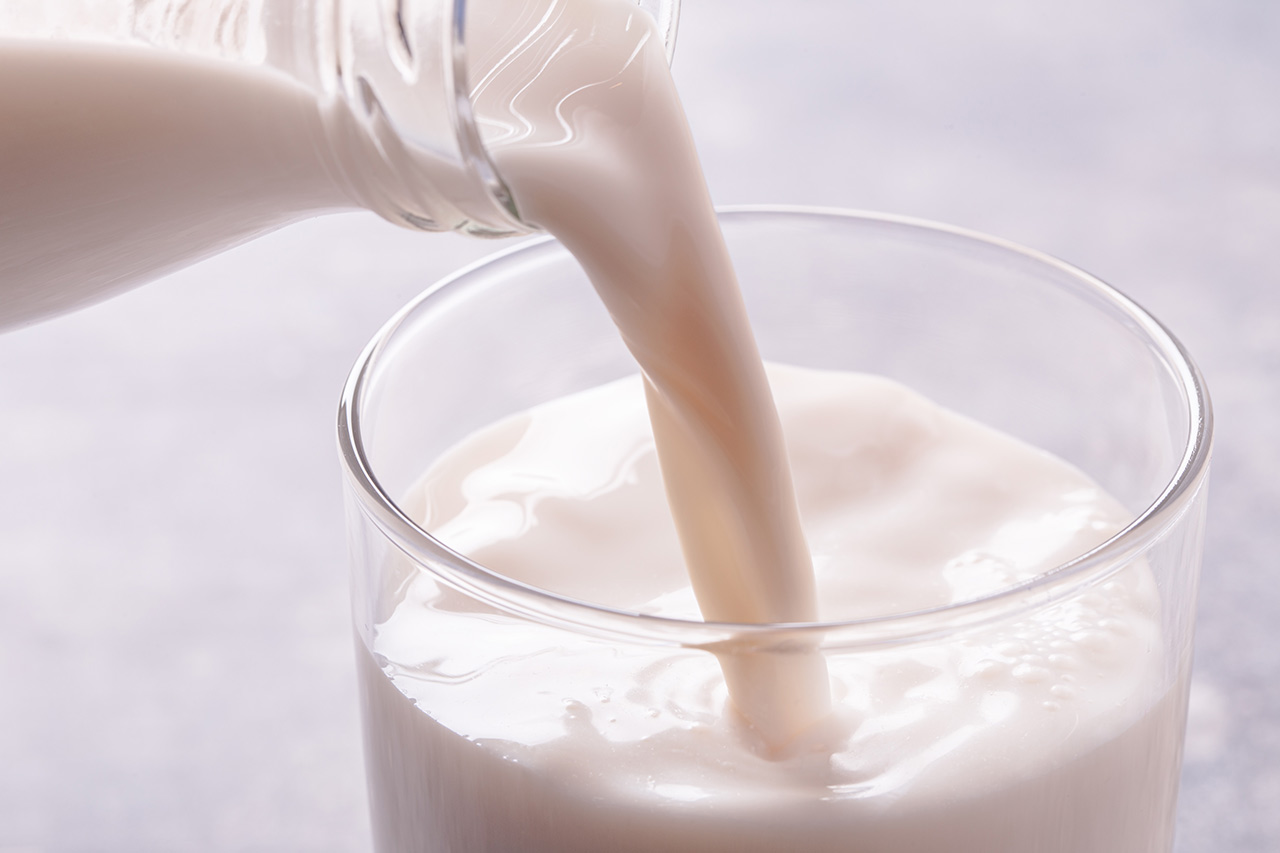A dynamic market dominated by the USA
Aimed at both amateur and professional athletes, sports nutrition encompasses a variety of products designed to support physical performance, muscle recovery and overall health. These products range from protein supplements to energy drinks and dietary supplements. Key ingredients often include proteins, carbohydrates, amino acids, vitamins and minerals.
The global sports nutrition market is booming, exceeding $46 billion by 2022 according to Xerfi, with annual growth (CAGR) of more than 8%. North America remains the undisputed leader, generating 45% of global revenues.
In Europe, the sports nutrition market is dominated by countries such as the UK and Germany, but France is not to be outdone. In the European top 5, its market is currently estimated at 1 billion euros.
Milk-derived protein powders, notably whey proteins and caseins, have long dominated the market in terms of volume. However, growing consumer demand for plant-based alternatives is driving the emergence of a more diversified range of proteins, such as those derived from soy, rice or peas.
Find out how we can support you with your plant protein projects >
Finally, mineral- and electrolyte-rich sports drinks, originally designed for athletes, are gaining in popularity with lifestyle-conscious city dwellers. They can be consumed throughout the day or during exercise, depending on their carbohydrate content.
A diversified competitive landscape, with many players present only online
The main players in the sports nutrition market are divided between manufacturers (B2B), supplying ingredients and formulations, and brands offering finished products to consumers (B2C).
Key players include food giants such as PepsiCo, Coca-Cola, Andros, which has launched its own sports range, and Mars, which recently acquired Foodspring. Dairy groups have also invested in protein products such as yogurts and skyrs.
Among B2C players, MyProtein, a subsidiary of THG (The Hut Group), is a world leader in online sales of sports nutrition supplements. The company offers a wide range of products including protein powders, dietary supplements and protein snacks. MyProtein enjoys a strong online presence thanks to its digital marketing efforts and e-commerce strategy.
Unlike other nutrition markets, and following MyProtein’s example, the majority of sports nutrition players are exclusively present online.
In the French market, there is also a strong presence of online-only players such as Bulk Powders and Nutrimuscle, who stand out for their commitment to high-quality ingredients and scientifically tested formulations. There are also innovative players such as only available online 1337 Pharma, which specializes in e-sports nutrition with a whole range specifically developed for gamers.
Finally, Decathlon, via its Aptonia brand, is also a major protagonist, placing particular emphasis on healthy composition and simple, short ingredient lists.
Numerous challenges for manufacturers and brands
Players in the sports nutrition sector face many challenges:
Challenge n°1: guaranteeing product efficacy
Consumers are looking for products that deliver tangible results in terms of sports performance and health. Manufacturers must strive to develop effective products backed by solid scientific evidence.
Challenge n°2: a simple, healthy composition
With growing awareness of the importance of a healthy diet, consumers are paying increasing attention to the composition of sports nutrition products. It is becoming increasingly imperative for manufacturers to ensure that they use high-quality ingredients and avoid controversial additives.
Challenge n°3: an environmentally-friendly product
The environmental impact of sports nutrition products is increasingly considered by consumers. It is important for manufacturers to commit to reducing their carbon footprint, use sustainable packaging and support responsible farming practices.
Challenge no. 4: a product adapted to current consumer needs
The world of sports and nutrition is changing. Innovation plays a crucial role in market differentiation, with growing demand for customized products and innovative formulations. For example, more and more top athletes are opting for vegetarian or vegan diets (Lewis Hamilton, Serena Williams, Novak Djokovic, Kyrie Irving…), prompting manufacturers to develop vegan alternatives to the products in their initial catalog.
Challenge n°5: regulatory and anti-doping aspects
Manufacturers need to be aware of the regulations in force in the countries where they operate. When it comes to sports nutrition, regulations can vary from country to country, with specific food safety and product quality standards. This compliance requires rigorous monitoring and testing throughout the production process. Furthermore, the distinction between sports nutrition products and doping products is essential, requiring total transparency on the part of manufacturers.
In conclusion, the sports nutrition market today offers significant opportunities. Players need to pay constant attention to market trends, product quality and regulatory compliance to succeed in this competitive sector. Alcimed can support you in your projects related to the sports nutrition market. Don’t hesitate to contact our team!
About the author,
Pierre, Business development manager for Alcimed’s agrifoods team in France



